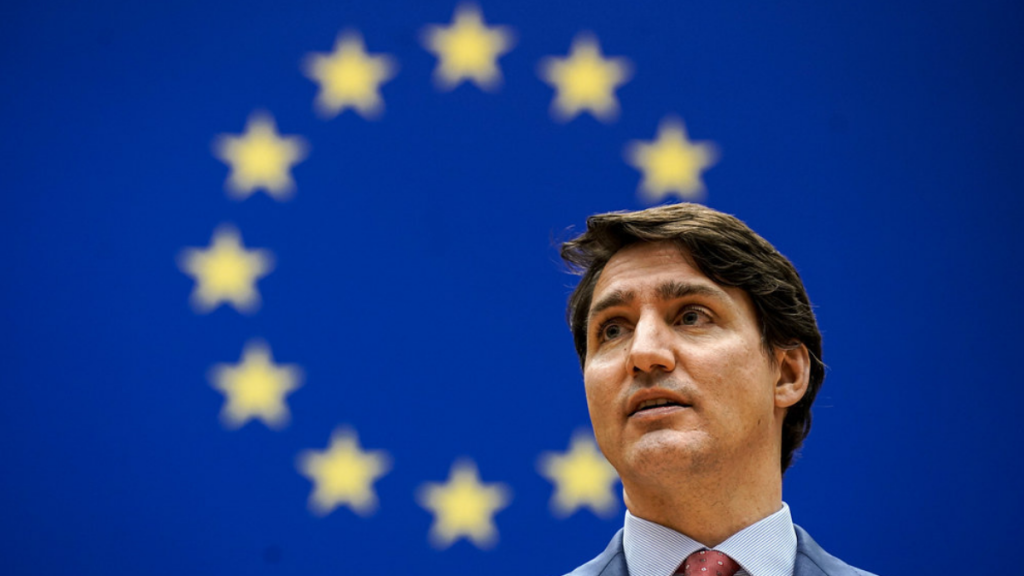The Trudeau administration in Canada is introducing a new bill, C-63, known as the “Online Harms Act”, which has evoked intense criticism from those who believe it could limit freedom of speech. The bill positions itself as an attempt to provide protection against child pornography and hate speech online. While its child protection measures have been largely accepted, critics are raising alarms about its handling of hate speech.
As part of the bill, Trudeau’s government will define “hate speech” online, introduce a stand-alone “hate crime”, and set strict penalties for perceived offenses. The proposed law would also allow individuals and groups to file complaints without facing the accused. Conservative Leader Pierre Poilievre has labeled the bill an “attack on freedom of expression”.
The proposal includes measures to hold online platforms, including streaming sites and pornographic websites, accountable for disseminating harmful content. It will also establish a new legislative and regulatory framework, create a digital safety czar, and introduce stricter penalties for existing “hate propaganda offenses”.
Under these regulations, hate crime offenses could carry a maximum sentence of life imprisonment. Furthermore, any person or group could file complaints with the Canadian Human Rights Commission against users who have supposedly posted hate speech online.
Contrary to the rising concerns about censorship, Liberal Justice Minister Virani asserts that C-63 aims to enhance free expression by enabling all people to safely participate in online debate. However, with Conservative Leader Poilievre slamming the Bill as part of Trudeau’s “woke authoritarian agenda”, it remains to be seen how these new regulations will impact free speech in Canada.
